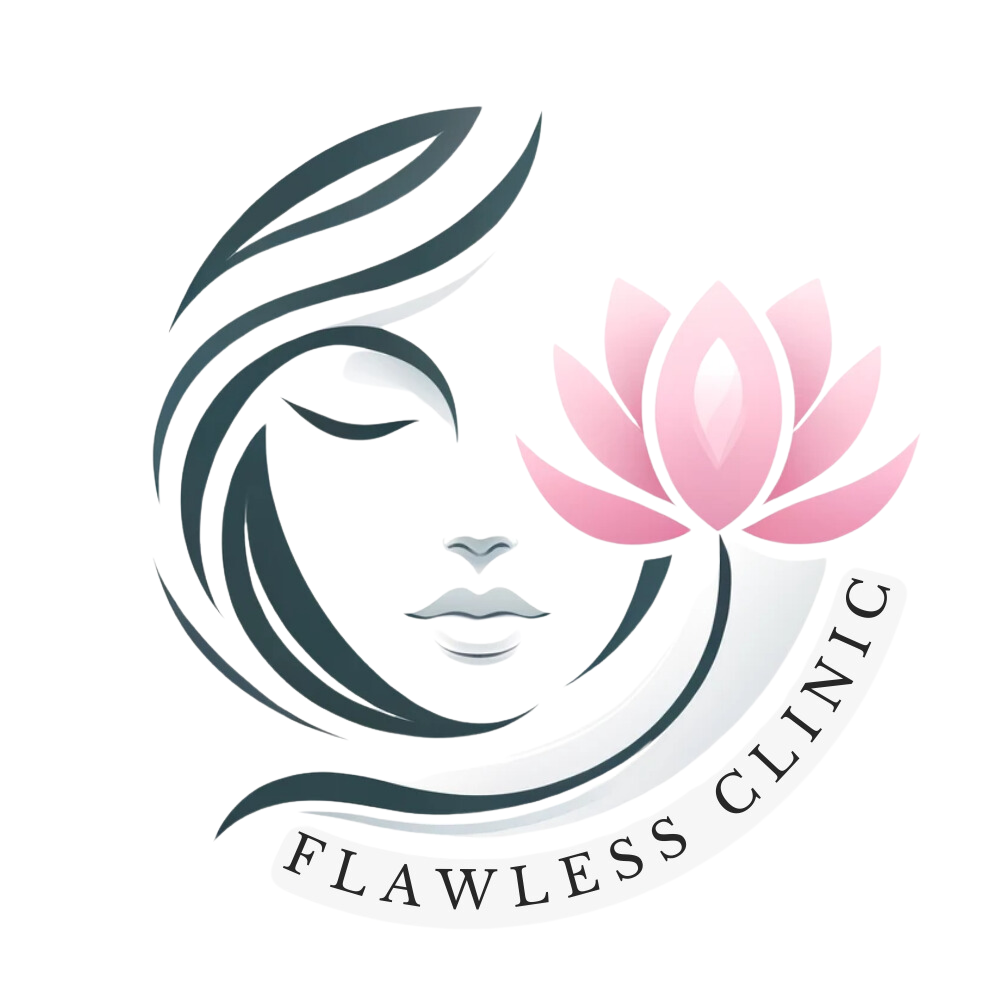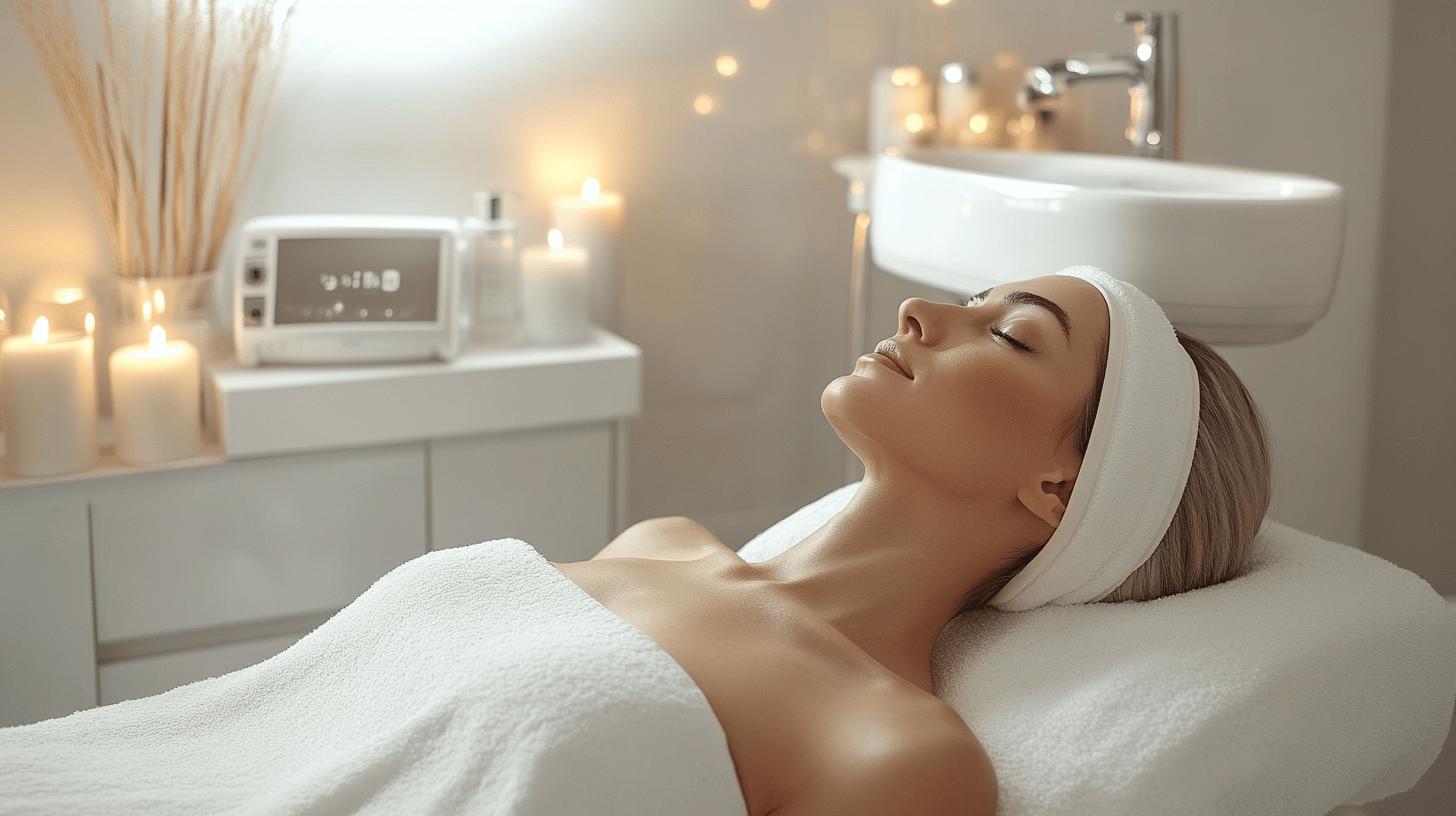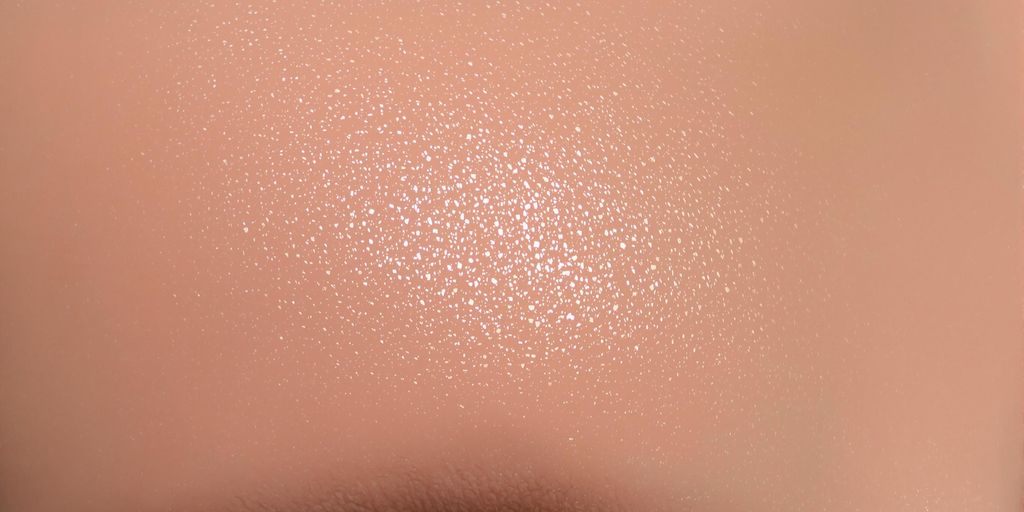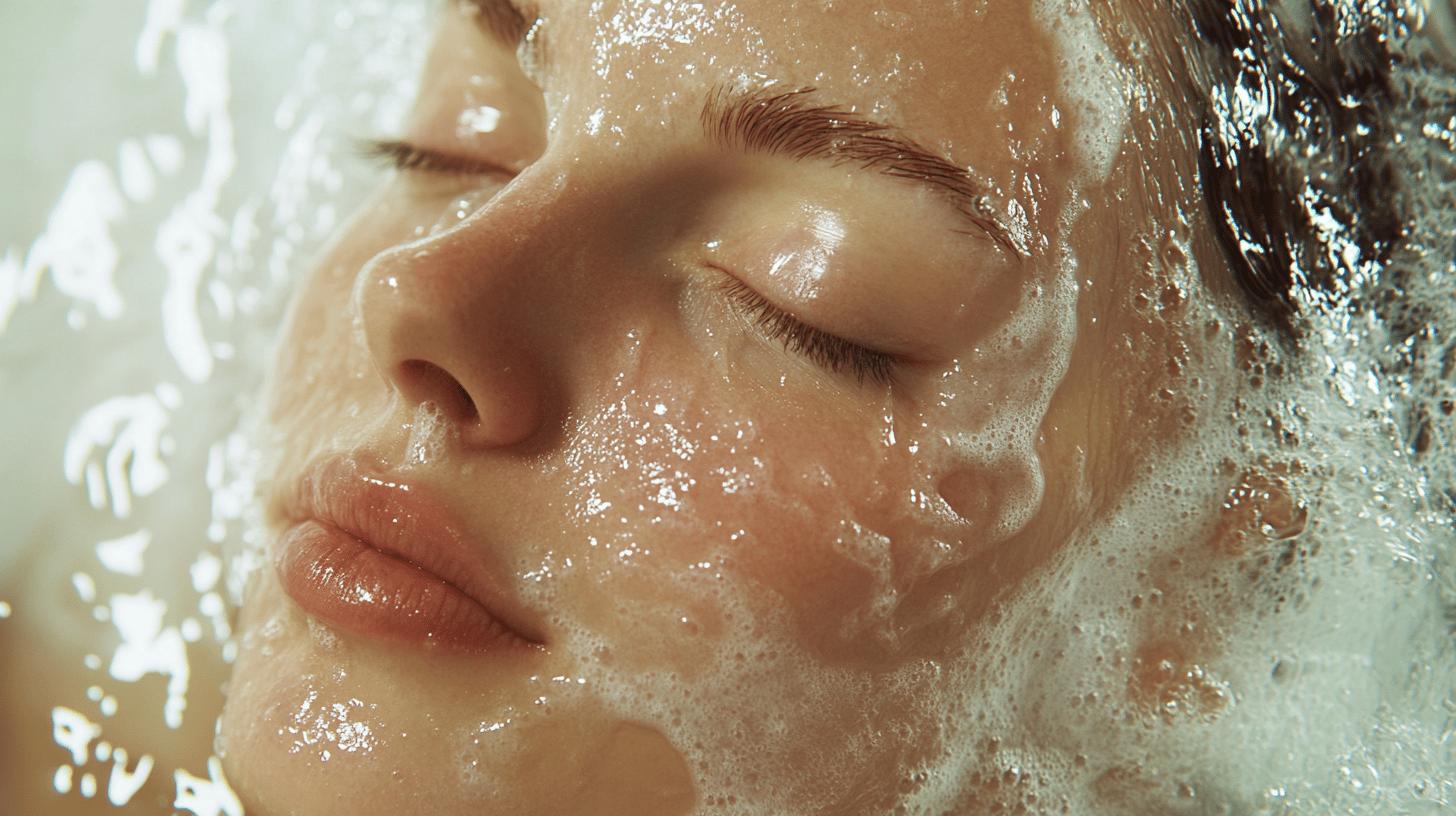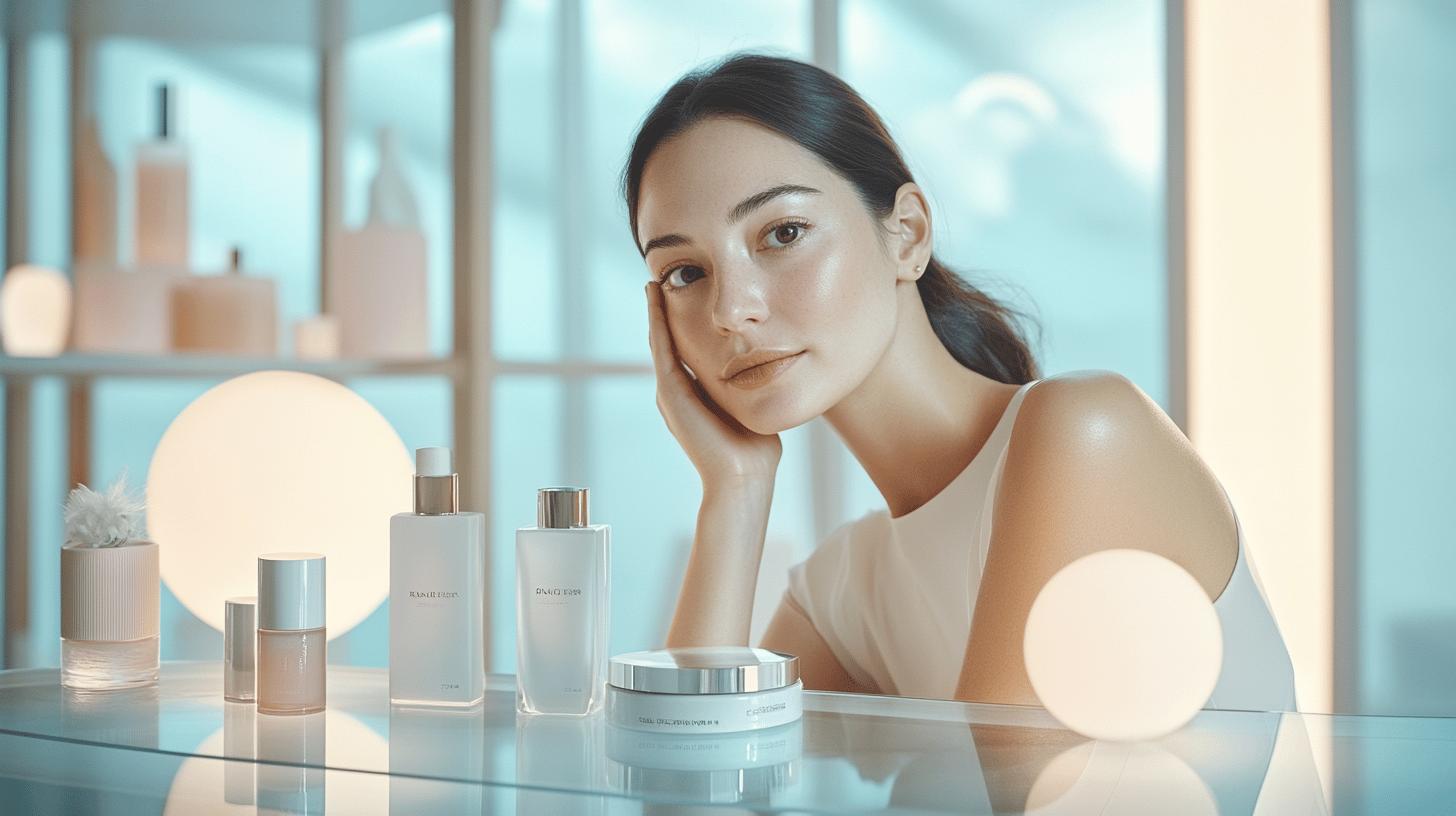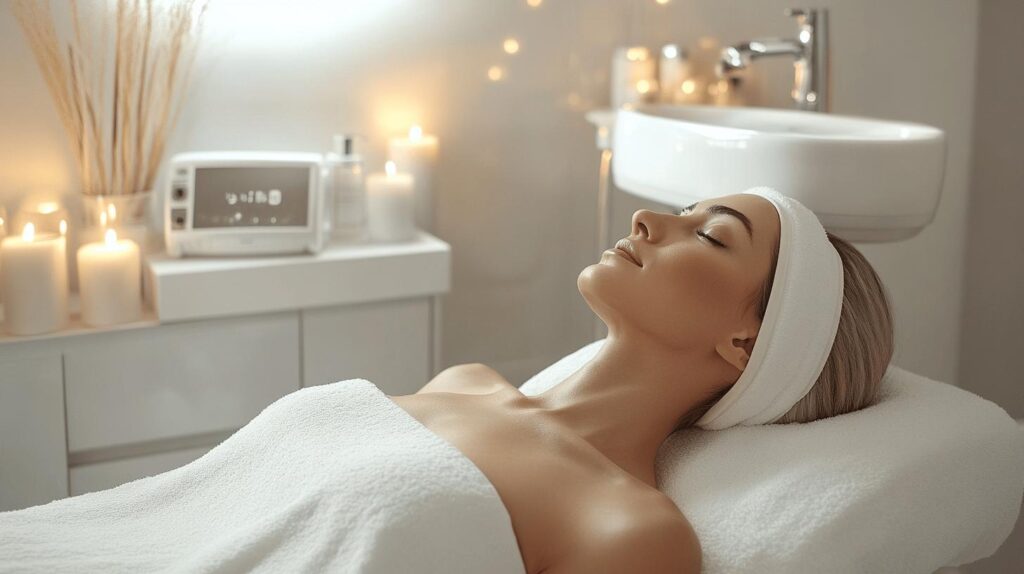Is Botox no longer the reigning champion in wrinkle reduction? With groundbreaking innovations emerging in cosmetic dermatology, new injectable treatments are transforming the landscape of anti-ageing solutions. Beyond the familiar realms of Botox, advancements such as DaxibotulinumtoxinA, which promises longer-lasting results, offer compelling alternatives. But what makes these modern injectables stand out? As we venture into the realm of dermal fillers and neuromodulators, this article delves into the latest wrinkle-reduction treatments, highlighting their benefits and why consulting a qualified professional is paramount for personalised care.
Exploring Cutting-Edge Injectable Alternatives to Botox
Injectable anti-aging treatments have significantly evolved beyond Botox, introducing advanced options like dermal fillers and neuromodulators. One notable development is DaxibotulinumtoxinA, which offers longer-lasting results compared to traditional Botox treatments, with effects that can last up to six months. Dermal fillers, composed of substances such as hyaluronic acid, are designed to restore volume and soften wrinkles, providing a non-surgical alternative to rejuvenate the skin. These advancements in injectables have broadened the scope of wrinkle-reduction treatments, allowing for more customised approaches to addressing specific ageing concerns.
- Longer-lasting effects
- Non-surgical options
- Minimal downtime
- Natural results
- Tailored solutions
Consulting with a qualified professional is essential in creating a personalised treatment plan. This ensures that the chosen injectable aligns with the individual’s facial anatomy, skin type, and aesthetic goals. A tailored approach maximises the effectiveness of the treatment, offering results that enhance natural beauty and boost confidence.
Non-Invasive Technologies Transforming Wrinkle Reduction
Non-invasive technologies are revolutionising the landscape of wrinkle reduction, offering effective, non-surgical options for those seeking to rejuvenate their skin. These advanced methods, such as ultrasound and radiofrequency devices, have become increasingly popular due to their ability to deliver impressive results without the need for recovery time. By stimulating collagen production, these technologies enhance skin elasticity, providing a smoother and more youthful appearance.
Radiofrequency Treatments
Radiofrequency treatments work by emitting energy waves that penetrate the skin’s layers, heating the tissue and stimulating collagen production. This process effectively tightens the skin, reducing the appearance of wrinkles and fine lines. The treatment is often recommended for individuals looking to achieve firmer skin without resorting to invasive procedures. The benefits include gradual improvements in skin texture and tightening, making it a sought-after option for a non-surgical facelift.
Ultrasound Therapy
Ultrasound therapy utilises sound waves to reach deeper skin layers, promoting collagen regeneration and improving elasticity. This method targets specific areas with precision, ensuring that the deeper structures of the skin receive adequate stimulation for optimal results. Known for its ability to lift and tighten the skin, ultrasound therapy is particularly beneficial for addressing sagging in the face and neck, offering a non-invasive alternative to traditional surgical lifts.
Patient experiences with these technologies are generally positive, with many reporting noticeable improvements in skin firmness and texture. While these treatments are highly effective, potential drawbacks include the cost, which can be higher compared to other non-invasive options, and the necessity for multiple sessions to achieve desired outcomes. Additionally, individual results may vary depending on skin type and condition, highlighting the importance of consulting with a qualified professional to determine the most appropriate treatment plan.
Skincare Products with Advanced Anti-Wrinkle Formulas
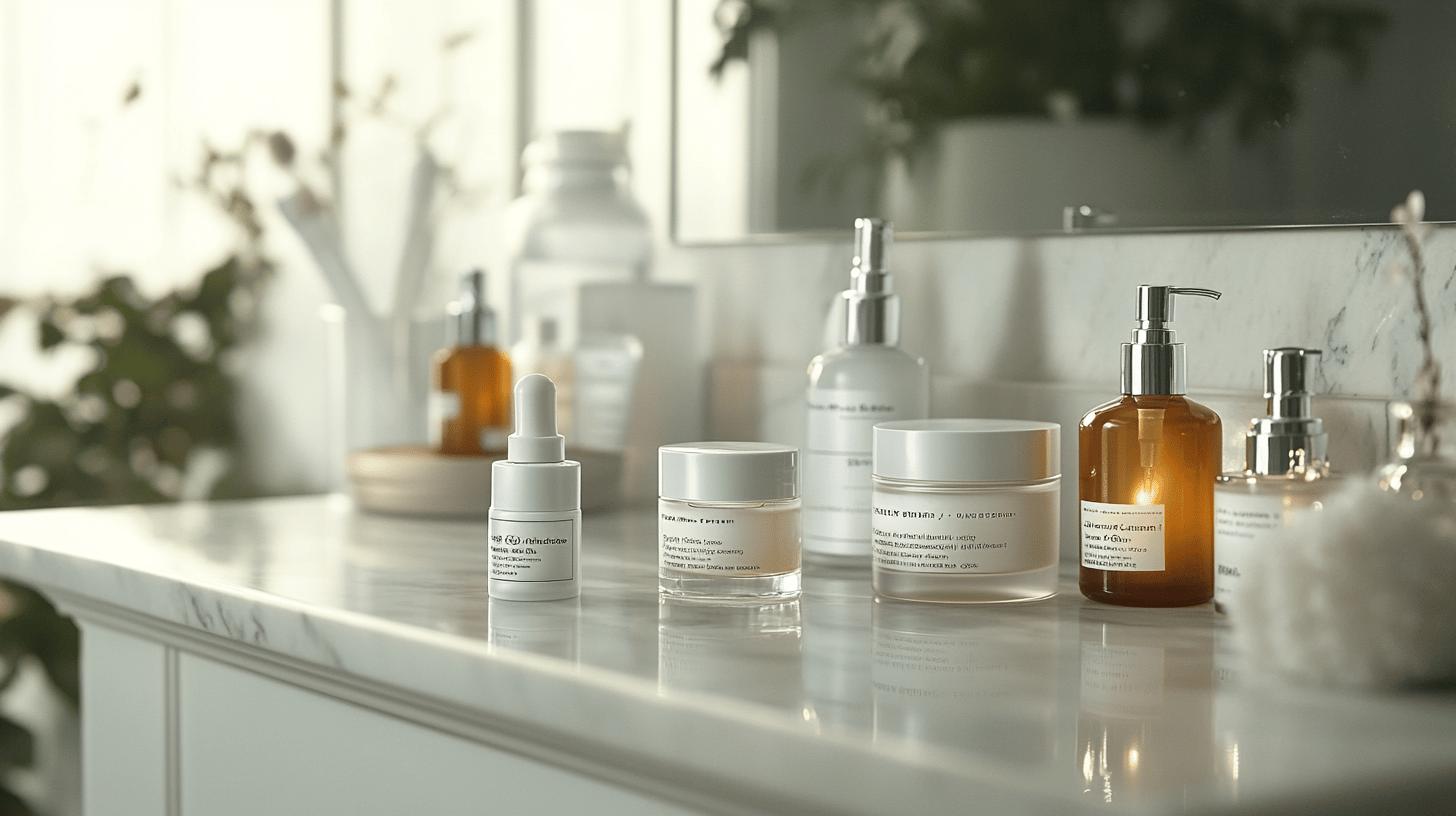
The landscape of wrinkle-reduction treatments has expanded with the introduction of innovative skincare products containing advanced ingredients. These formulations incorporate peptides and growth factors, which target wrinkles at the cellular level, offering a modern approach to skin rejuvenation. Peptides are renowned for their ability to enhance collagen synthesis, thereby improving skin firmness and reducing wrinkle appearance. Similarly, growth factors promote cellular repair, contributing to overall skin health and vitality. Retinoids remain a cornerstone in anti-wrinkle skincare due to their efficacy in increasing cell turnover and stimulating collagen production. Additionally, topical creams enriched with these ingredients provide a non-invasive solution for those seeking to maintain youthful skin.
- Peptides: Enhance collagen synthesis
- Growth factors: Promote cellular repair
- Retinoids: Increase cell turnover
- Hyaluronic acid: Hydrates and plumps skin
Compared to traditional wrinkle-reduction methods, these advanced skincare products offer the advantage of being non-invasive, making them accessible for daily use without the need for recovery time. While traditional treatments like injectables provide immediate results, the regular application of these topical products can lead to gradual and sustained improvements in skin texture and elasticity. However, the effectiveness of these products can vary based on individual skin type and condition, necessitating personalised skincare regimens to achieve optimal results.
Holistic Approaches to Wrinkle Reduction
Holistic approaches to wrinkle reduction emphasise the importance of lifestyle changes, which play a crucial role in maintaining youthful skin. These methods focus on enhancing overall skin health naturally by incorporating habits that benefit the body as a whole. Unlike isolated treatments, a holistic approach combines these lifestyle elements with traditional wrinkle-reduction techniques to achieve optimal results. By addressing factors such as diet, exercise, and stress, individuals can support their skin’s natural resilience and vitality.
- Balanced diet
- Regular exercise
- Adequate hydration
- Stress management
- Quality sleep
Integrating these lifestyle changes with modern wrinkle-reduction treatments creates a comprehensive skincare strategy. By adopting a balanced diet rich in nutrients, maintaining regular exercise, and ensuring adequate hydration, the skin can become more resilient to ageing. Furthermore, effective stress management and quality sleep are essential for skin repair and regeneration. These holistic practices, when combined with advanced treatments, can significantly enhance the skin’s appearance, offering a well-rounded approach to maintaining youthful skin.
Future Trends in Dermatology and Wrinkle Reduction
The landscape of dermatology is experiencing a significant shift towards personalised skincare treatments. How is this change impacting wrinkle reduction? Personalised treatments are becoming increasingly central, as they are tailored to address the unique skin types and needs of individuals. This approach ensures that skincare regimens are optimally effective, enhancing the outcomes of wrinkle-reduction treatments. By focusing on individualised care, dermatologists can better cater to specific concerns, offering advanced facial rejuvenation techniques that align with each person’s distinct characteristics.
AI and Personalised Skincare
How can AI enhance personalised skincare regimens? Artificial Intelligence (AI) has the potential to revolutionise skincare by analysing vast amounts of data to customise treatments. AI technologies can assess skin conditions in detail, predict how skin will respond to different products, and recommend regimens that are precisely suited to individual needs. This technological advancement enables dermatologists to offer bespoke skincare solutions, significantly improving the efficacy of wrinkle-reduction treatments. By utilising AI, patients can receive more accurate diagnoses and personalised care plans that address their unique skin concerns, resulting in more effective and satisfying results.
Expert opinions emphasise that the future of dermatology will be shaped by these advancements, with a growing emphasis on personalised and data-driven approaches. What impact might this have on consumer choices and treatment efficacy? As AI becomes more integrated into skincare, consumers are likely to benefit from more informed choices, leading to increased satisfaction with their treatment outcomes. The precision of AI-enhanced regimens is expected to enhance treatment efficacy, making wrinkle-reduction solutions more effective and accessible. Ultimately, the integration of these technologies will likely lead to a more nuanced understanding of skin health, offering innovative pathways for maintaining youthful and vibrant skin.
Final Words
Exploring cutting-edge alternatives, the article highlights advancements Beyond Botox, such as DaxibotulinumtoxinA, which offers longer-lasting wrinkle-reduction effects. Non-invasive technologies like radiofrequency and ultrasound are transforming skincare, providing surgical-free options with minimal downtime.
Skincare products with innovative ingredients like peptides and retinoids offer non-invasive anti-wrinkle solutions. A holistic approach emphasises lifestyle changes, contributing naturally to skin health.
Future trends point towards personalised treatments and AI integration, promising bespoke skincare solutions. Embracing these advancements ensures individuals remain at the forefront of skincare innovation, enhancing both confidence and natural beauty.
Explore beyond Botox – Discover Flawless Clinic’s innovative wrinkle reduction solutions today!
FAQ
What are the latest injectable alternatives to Botox?
Injectable treatments have evolved, with options like DaxibotulinumtoxinA offering longer-lasting results.
Dermal fillers, such as those with hyaluronic acid, restore volume and reduce wrinkles.
How do new injectables benefit wrinkle reduction?
New injectables offer:
- Longer-lasting effects
- Non-surgical options
- Minimal downtime
- Natural results
- Tailored solutions
What are non-invasive technologies in skincare?
Non-invasive technologies, including ultrasound and radiofrequency, improve skin elasticity and collagen production, providing significant results without requiring recovery time.
What are the uses and benefits of radiofrequency treatments?
Radiofrequency treatments stimulate collagen production, resulting in tighter skin and enhanced texture.
How does ultrasound therapy improve skin elasticity?
Ultrasound therapy targets deeper skin layers, boosting elasticity and overall skin firmness.
Are there any potential drawbacks to non-invasive treatments?
Patient experiences suggest high satisfaction, though potential drawbacks include cost and the need for multiple sessions.
What advanced ingredients are found in anti-wrinkle skincare products?
- Peptides: Enhance collagen synthesis
- Growth factors: Promote cellular repair
- Retinoids: Increase cell turnover
- Hyaluronic acid: Hydrates and plumps skin
What is the importance of holistic methods in wrinkle reduction?
Holistic approaches focus on lifestyle changes that naturally enhance skin health, complementing advanced treatments for optimal results.
What lifestyle changes support wrinkle reduction?
Lifestyle changes include:
- Balanced diet
- Regular exercise
- Adequate hydration
- Stress management
- Quality sleep
How is personalisation influencing future trends in wrinkle reduction?
Future trends emphasise personalised treatments and AI integration, delivering skincare tailored to unique skin types and needs.
What role could AI play in dermatology and skincare?
AI can personalise skincare by analysing individual skin needs and creating tailored regimens, enhancing treatment efficacy and consumer choices.
